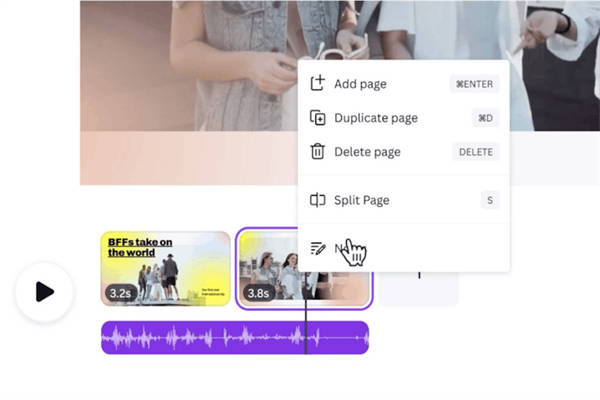Understanding the Concept of "Everyday" in English
.png)
Everyday, in the English language, refers to something that is ordinary, routine, or typical. It is often used to describe the daily activities, experiences, or objects that are part of everyday life. This term is versatile and can be applied to various contexts, making it a fundamental part of everyday communication.
What Does "Everyday" Mean in English?
Everyday in English is an adjective that describes something that is common, routine, or typical. It is often used to refer to the daily activities or experiences that are a regular part of someone's life. For example, "everyday tasks" might include things like cooking, cleaning, or commuting to work.
Examples of Everyday Usage
- Everyday Life: This term is often used to describe the ordinary aspects of life that people experience daily. For instance, "I enjoy my everyday life in the countryside, where the pace is slower and the air is cleaner."
- Everyday Objects: Everyday objects are items that are commonly used in daily life. For example, "I carry my everyday objects, like my wallet, phone, and keys, in my bag."
- Everyday Language: Everyday language refers to the common words and phrases that people use in their daily conversations. It is often simple and straightforward, making it easy to understand and use. For instance, "I used everyday language to explain the concept to my friends."
Is "Everyday" Always Positive or Negative?
No, the term "everyday" is neutral and does not inherently carry a positive or negative connotation. Its meaning depends on the context in which it is used. For example, "My everyday job is very rewarding," suggests a positive view of routine work, while "I can't stand my everyday routine," expresses a negative opinion of the same concept.
Everyday vs. Every Day
It is important to differentiate between "everyday" and "every day." While "everyday" is an adjective, "every day" is an adverb. "Every day" refers to each day, as in "I exercise every day." On the other hand, "everyday" describes something that is common or typical, as in "I wear everyday clothes to work." Understanding this distinction is crucial for clear communication.
Everyday vs. Daily
"Everyday" and "daily" are often used interchangeably, but there is a subtle difference between the two. "Everyday" emphasizes the common or ordinary nature of something, as in "everyday tasks." In contrast, "daily" focuses on the frequency of an event or activity, as in "I have a daily routine." While both terms can be used to describe daily activities, "everyday" is more about the nature of the activity, while "daily" is about the frequency.

.png)


.png)